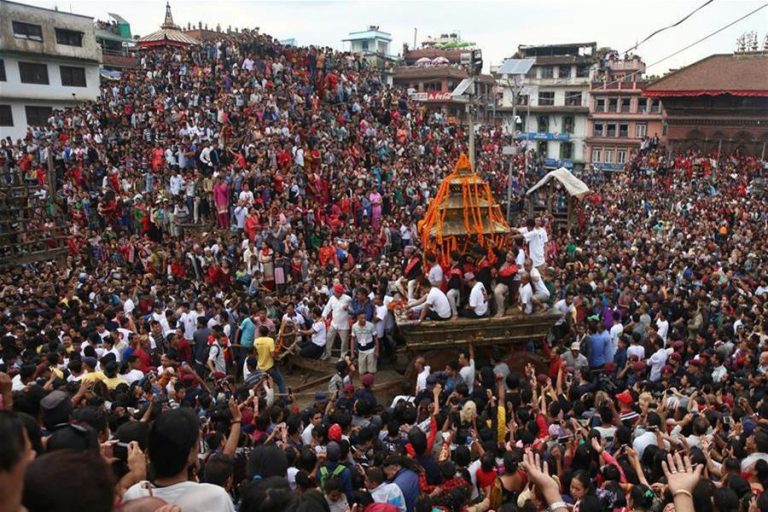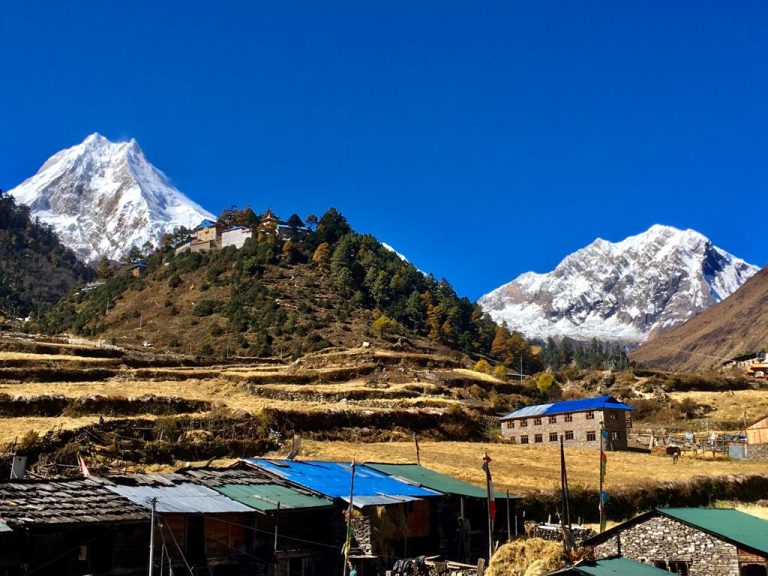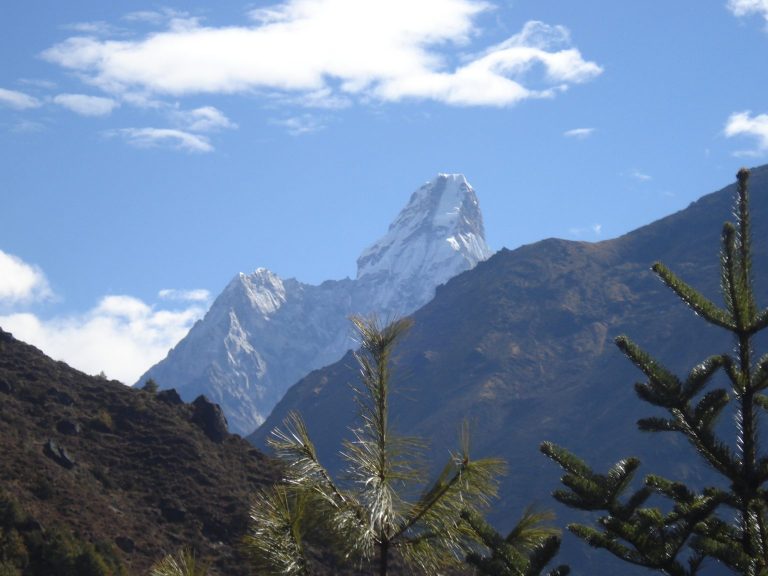Experience the lively cultural mix with festivals of Nepal in 2024. Attend great festivals celebrated in this diverse country. From the colorful Holi festival to the spiritual Maha Shivaratri celebration, Nepal will promise the finest and most unique cultural experiences to anyone who visits. Understand rituals, explore rich traditions, and join in the festivities. Take advantage of these unforgettable cultural experiences in Nepal in 2024.
Month-wise festivals of Nepal for 2024
Nepal is a land of cultural diversity and rich traditions. It celebrates numerous festivals throughout the year. Each month holds unique and colorful festivals that reflect the Nepalese people’s vibrant culture and religious beliefs. These festivals of Nepal are significant for their cultural and religious aspects and play a vital role in uniting communities and preserving Nepal’s heritage.
Below, we present a comprehensive guide to the major festivals of Nepal, month by month.
January
Maghe Sankranti
Maghe Sankranti is one of the festivals of Nepal and is celebrated in January. It marks the winter solstice and the return of longer days. This festival is observed by taking holy dips in rivers such as Bagmati, Bishnumati, and Manimati, and especially in the Triveni confluence.
This festival celebrates the sun moving into the Capricorn zodiac sign. It is important for Nepalese people, especially Hindus.
During Maghe Sankranti, one common activity is giving donations of food, clothing, and green leafy vegetables to those in need. This symbolizes prosperity and well-being.
Families come together to eat traditional foods like ghee, yam, chaku, sweets, and buffalo meat. They also fly kites and enjoy fairs and music events in Kathmandu Valley and beyond.
Sonam Lhosar
Sonam Lhosar is one of the festivals of Nepal which marks the New Year of the Tamang community. It is also celebrated in January. It is celebrated with traditional dances, cultural performances, and feasts. People dress in their traditional attire, visit monasteries, and perform rituals to usher in the New Year with joy and prosperity.
February
Basanta Panchami
Basanta Panchami is one of the festivals of Nepal and is also known as Saraswati Puja. It welcomes the arrival of spring. It is dedicated to Saraswati, the goddess of knowledge, music, and art. Students and scholars worship their books and instruments, seeking blessings for wisdom and success.
Maha Shivaratri
Maha Shivaratri is one of the main festivals of Nepal and is celebrated in February, is one of the most important Hindu festivals dedicated to Lord Shiva. Devotees observe fasts, stay awake all night chanting hymns, and visit Shiva temples. The Pashupatinath Temple in Kathmandu becomes a major pilgrimage site during this festival, attracting thousands of devotees.
March
Holi
Holi, is one of the main festivals in Nepal. It is celebrated with great enthusiasm in March. It signifies the victory of good over evil and the arrival of spring.
During this festival, people in Nepal play with colored powders and water. This activity brings happiness and unity to communities. People throw colored powders and water at each other. This creates a festive and lively atmosphere. The festival also strengthens family ties as everyone gathers to celebrate it together.
Ghode Jatra
Ghode Jatra, known as the festival of horses, is a major event in Kathmandu. Held to ward off evil spirits, it features a grand horse parade and various equestrian events. The festival is attended by the royal family and high-ranking officials, making it a significant cultural spectacle.
April
Bisket Jatra
Bisket Jatra is another one of the festivals of Nepal celebrated in April in Bhaktapur and parts of Kathmandu Valley. It marks the Nepali New Year and the arrival of spring. The festival features chariot processions, tug-of-war contests, and various rituals. The lively celebrations attract numerous visitors, both local and international.
Nepali New Year
The Nepali New Year, based on the Bikram Sambat calendar, is celebrated with joy and festivities across the country. People clean their homes, visit temples, and organize feasts and cultural programs. It is a time for renewal and setting new goals.
May
Buddha Jayanti
Buddha Jayanti is celebrated in May and it marks the birth, enlightenment, and death of Lord Buddha. Lumbini is the birthplace of Buddha. It is thus, a pilgrimage site for Buddhists from around the world. Buddha Jayanti is observed with prayers, meditation, and offerings at Buddhist stupas and monasteries.
Rato Machhindranath Jatra
Rato Machhindranath Jatra is one of the longest and most significant festivals in Patan, Nepal. It celebrates the rain god Rato Machhindranath. The festival involves pulling a large chariot through the streets of Patan, accompanied by traditional music and dances. It is believed to bring good harvests and prosperity.
June
Tiji Festival
The Tiji Festival, celebrated in the Mustang region, commemorates the victory of good over evil. It is a three-day event with a lot of traditional dances, prayers, and rituals performed by monks. The festival is deeply rooted in Tibetan Buddhism and attracts many tourists for its unique cultural display.
Dumji Festival
The Dumji Festival is celebrated by the Sherpa community in June. It honors Guru Rinpoche, the founder of Tibetan Buddhism. The festival includes masked dances, rituals, and communal feasting. It is an important time for the Sherpa community to come together and celebrate their heritage.
July
Bhoto Jatra
Bhoto Jatra is part of the Rato Machhindranath Jatra. It is celebrated in July month. The highlight of the festival is the display of a sacred vest (Bhoto) to the public. The origin of the vest is very deeply rooted in mythology, and its display symbolizes the conclusion of the Rato Machindranath Jatra. The event takes place at Jawalakhel in Lalitpur, with the presence of the head of state and other dignitaries.
Guru Purnima
Guru Purnima is observed in July. It is dedicated to honoring teachers and spiritual gurus for their guidance and wisdom. Students and disciples offer prayers, gifts, and respect to their teachers. It is a day to acknowledge the invaluable contributions of educators in shaping society.
August
Janai Purnima
Janai Purnima is also known as Raksha Bandhan. It is celebrated in August. It involves the ritual of changing the sacred thread (Janai) worn by Hindu men. Sisters tie protective threads (Rakhi) on their brothers’ wrists, symbolizing love and protection.
Gai Jatra
Gai Jatra is the festival of cows. It is celebrated to honor deceased family members. Families participate in processions with decorated cows, believed to help the departed souls in their journey to the afterlife. The festival is also marked by humor and satire, with various performances and parodies.
September
Indra Jatra
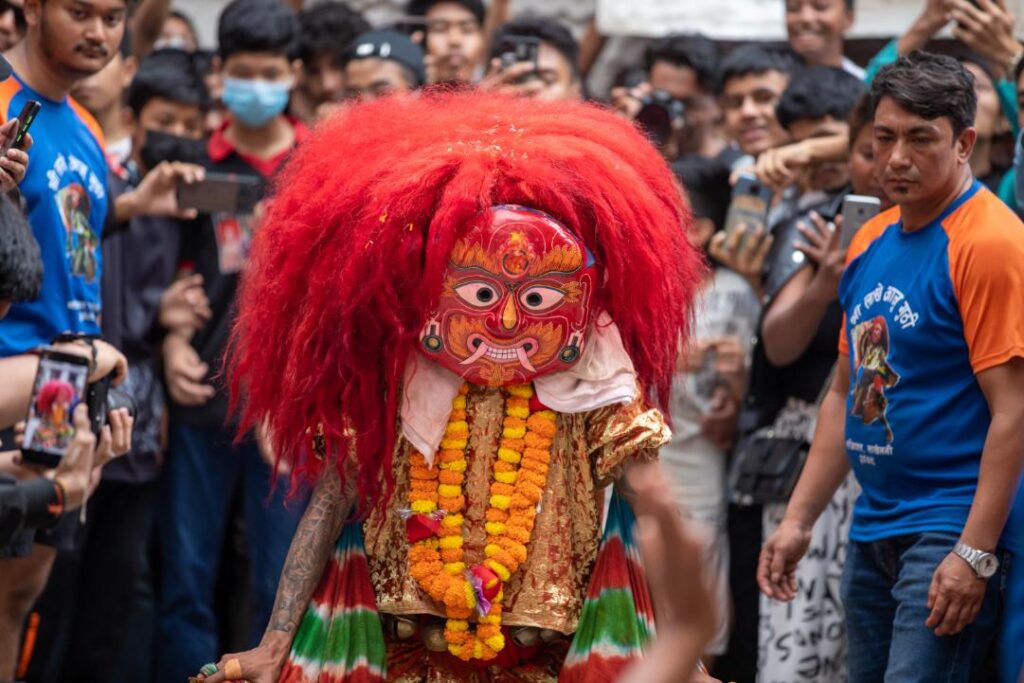
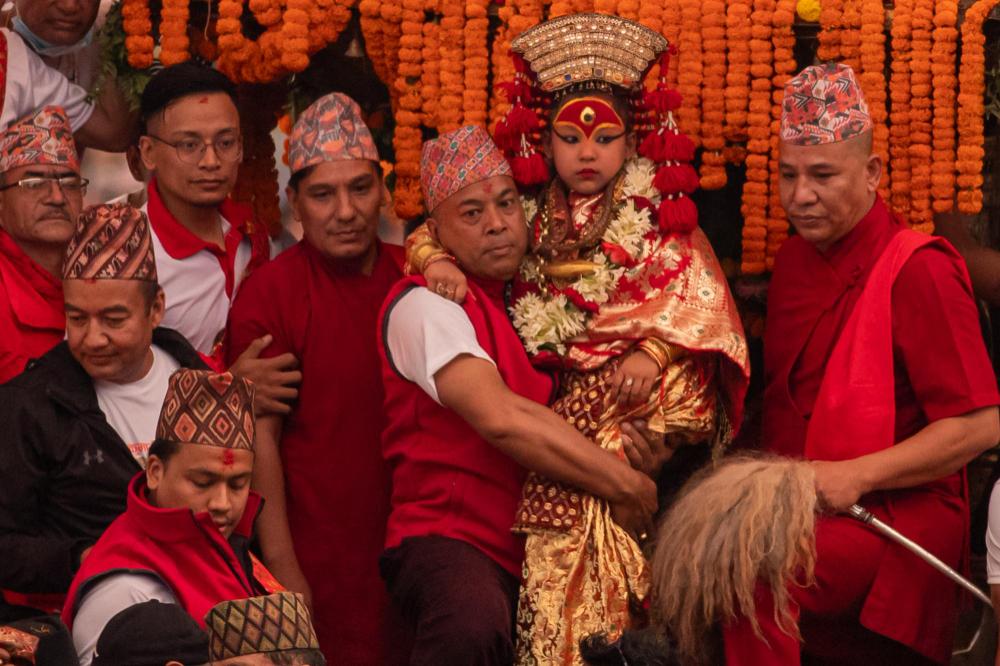
Indra Jatra is one of Kathmandu‘s major festivals. It is dedicated to Indra, the god of rain and king of heaven. The eight-day festival has a lot of masked dances, amazing, beautiful chariot processions, and various rituals. It is a time of vibrant celebrations, with both religious and cultural significance.
Teej
Teej is celebrated by women. It is a festival of fasting, prayer, and dancing. Women dress in red saris, perform traditional dances, and pray for the well-being of their husbands and families. The festival is a joyous occasion for women to come together and celebrate sisterhood.
October
Dashain
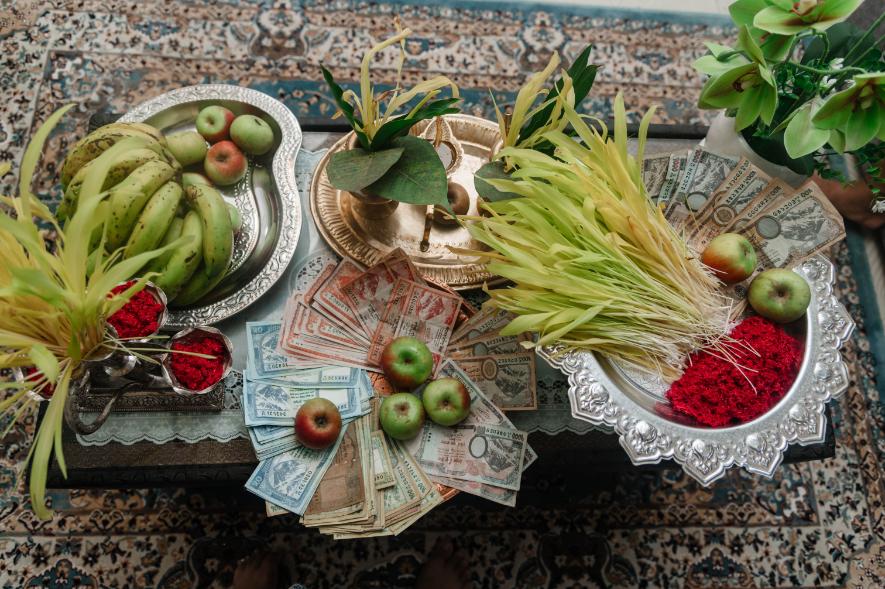
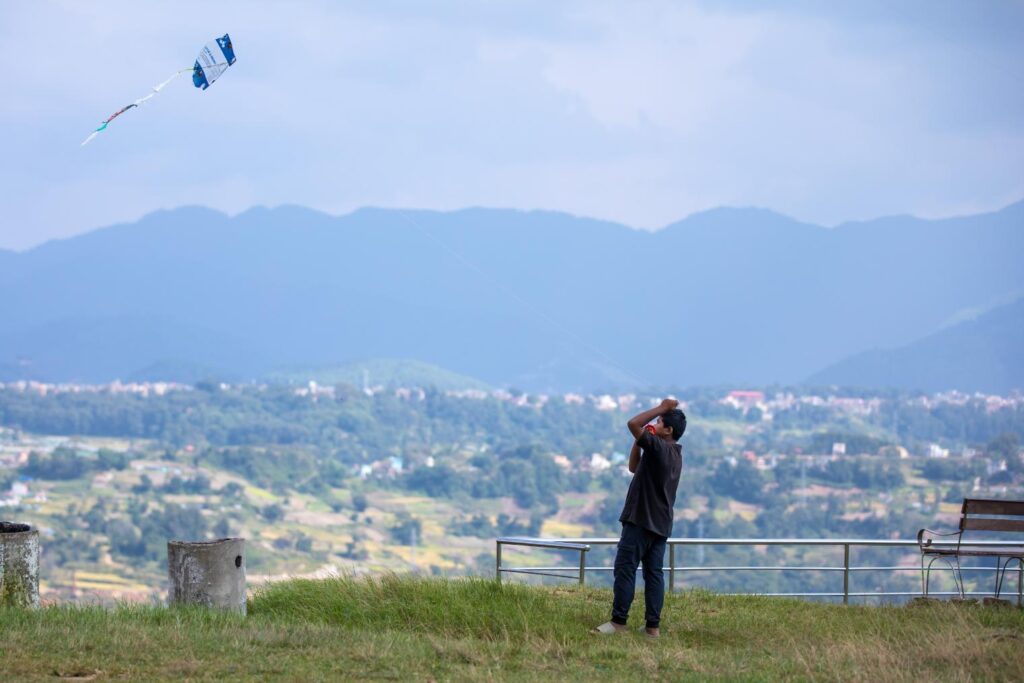
Dashain is the longest and most important festival in Nepal. It is celebrated in October. It commemorates the victory of the goddess Durga over the demon Mahishasura. Families come together to worship, receive blessings, and enjoy elaborate feasts. The festival spans fifteen days, marked by various rituals and celebrations.
Tihar
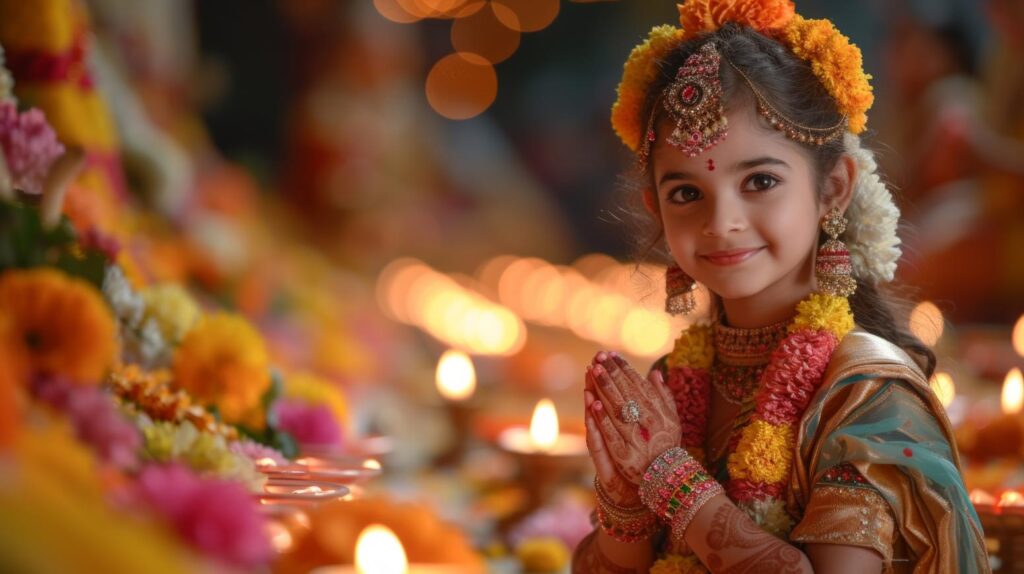
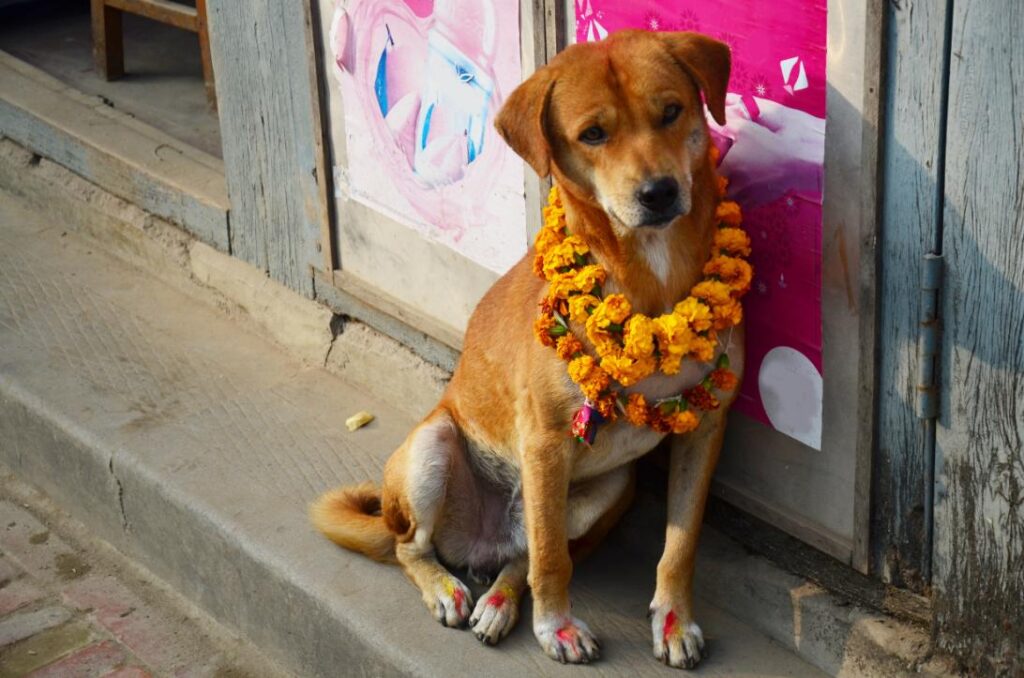
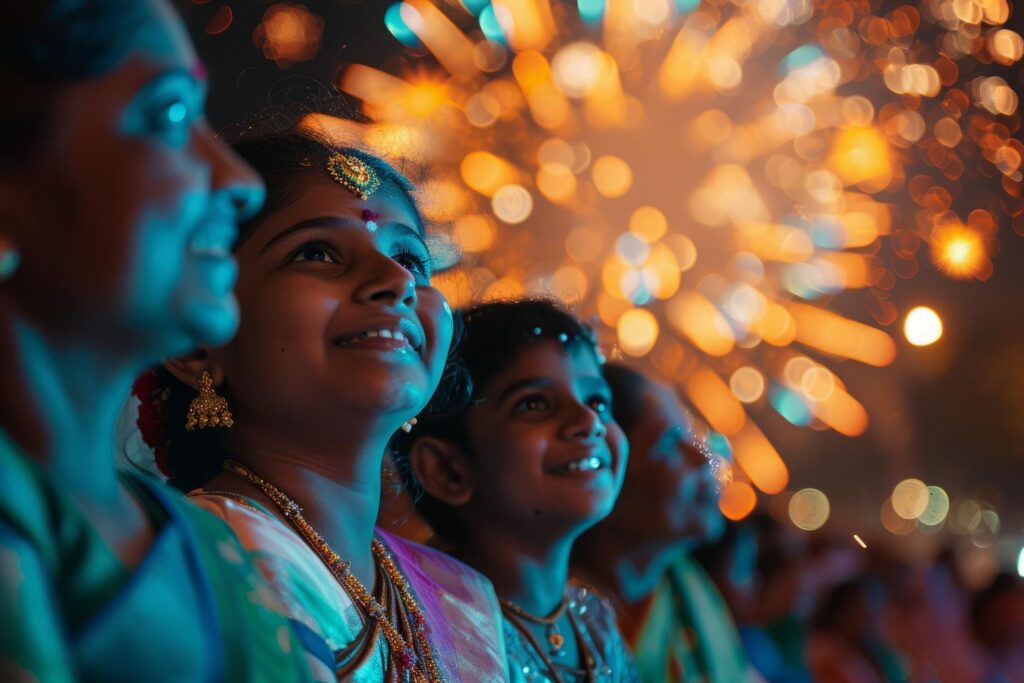
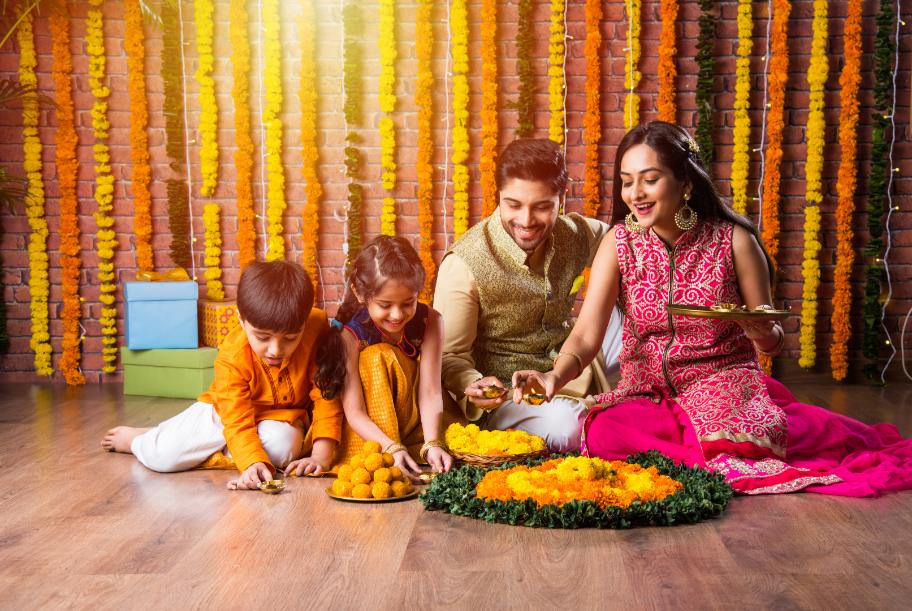
Tihar is also known as Deepawali. It is the festival of lights. Celebrated in October or November, it honors the goddess Laxmi, the goddess of wealth. Homes are decorated with oil lamps and colorful rangoli designs. The festival also celebrates the bond between brothers and sisters on Bhai Tika, where sisters pray for their brothers’ prosperity.
November
Chhath
Chhath is a significant festival for the Terai region. It is dedicated to the Sun god. Devotees observe rigorous fasting, take holy baths in rivers, and offer prayers at sunrise and sunset. The festival spans four days and is known for its strict rituals and vibrant celebrations.
Kartik Purnima
Kartik Purnima is celebrated in November. It marks the full moon of the Hindu month Kartik. Devotees take holy dips in rivers and visit temples to seek blessings. It is also a significant day for the Newar community, which celebrate the festival with various cultural events and rituals.
December
Yomari Punhi
Yomari Punhi is celebrated by the Newar community in December. It marks the end of the rice harvest. The festival features the preparation of Yomari, which is a special steamed dumpling filled with sweet molasses. It is a time for family gatherings and sharing the harvest’s bounty.
Tamu Lhosar
Tamu Lhosar is the New Year of the Gurung community. It is celebrated in December. The festival involves traditional dances, cultural performances, and feasting. It is a time for the Gurung community to come together, celebrate their heritage, and welcome the New Year with joy and hope.
Nepal’s festivals, celebrated month-wise, showcase the country’s very rich cultural history and religious diversity. These festivals not only preserve ancient traditions but also foster communal harmony and cultural pride.
FAQ
What are some of the major cultural festivals to attend in Nepal in 2024?
Some major cultural festivals to attend in Nepal in 2024 include Dashain, Tihar, Holi, and Buddha Jayanti.
How can I participate in traditional cultural experiences during festivals in Nepal?
You can participate in traditional cultural experiences during festivals in Nepal by attending cultural events, joining in on dances and rituals, trying traditional foods, and wearing traditional clothing such as sarees or dhaka topis.
What is the significance of the Dashain festival in Nepali culture?
The Dashain festival is significant in Nepali culture as it celebrates the victory of good over evil. It is a time for families to come together, receive blessings from elders, and partake in feasting and various rituals.
Are there any unique regional festivals in Nepal worth attending in 2024?
Yes, the Bisket Jatra festival in Bhaktapur and the Indra Jatra festival in Kathmandu are very unique regional festivals in Nepal worth attending in 2024.
What are some tips for respectfully engaging in cultural experiences during festivals in Nepal?
Respect local customs by dressing modestly, removing shoes when entering temples, and asking permission before taking photos. Participate in traditional dances, taste local dishes, and support local artisans by purchasing handmade souvenirs.
You may also like:
Send an Enquiry
Error: Contact form not found.
© 2026 - Himalayan Trekking and Tours (P) Ltd. All Rights Reserved.


